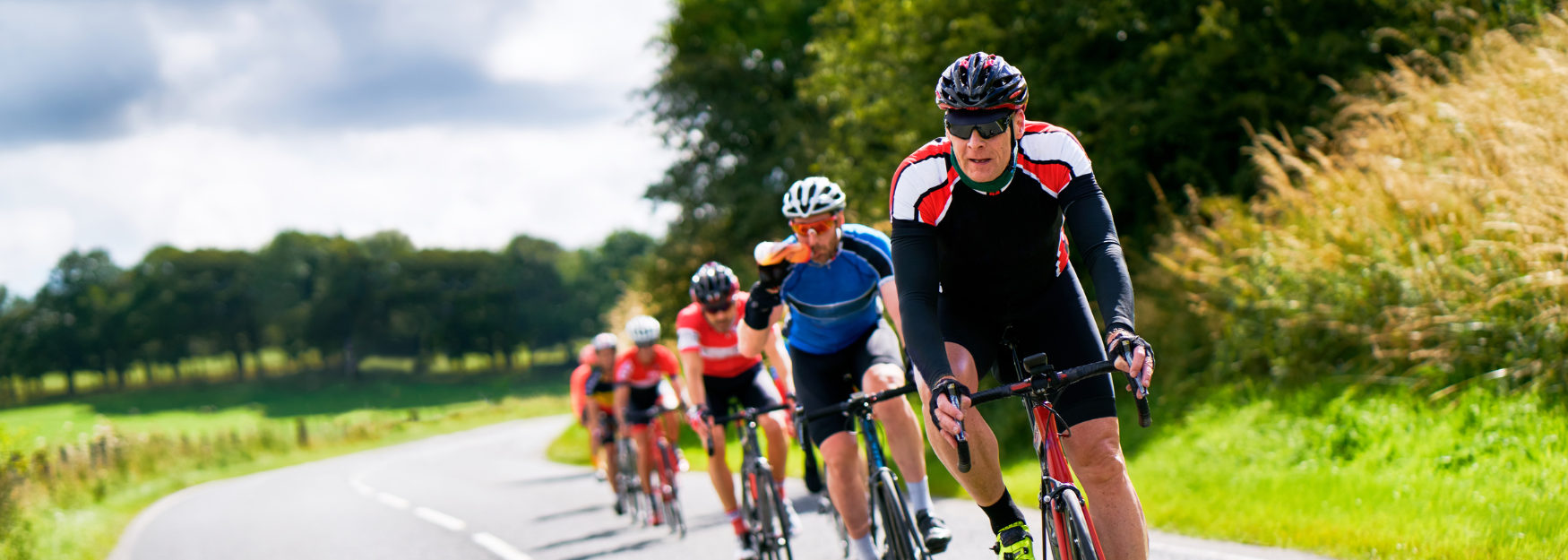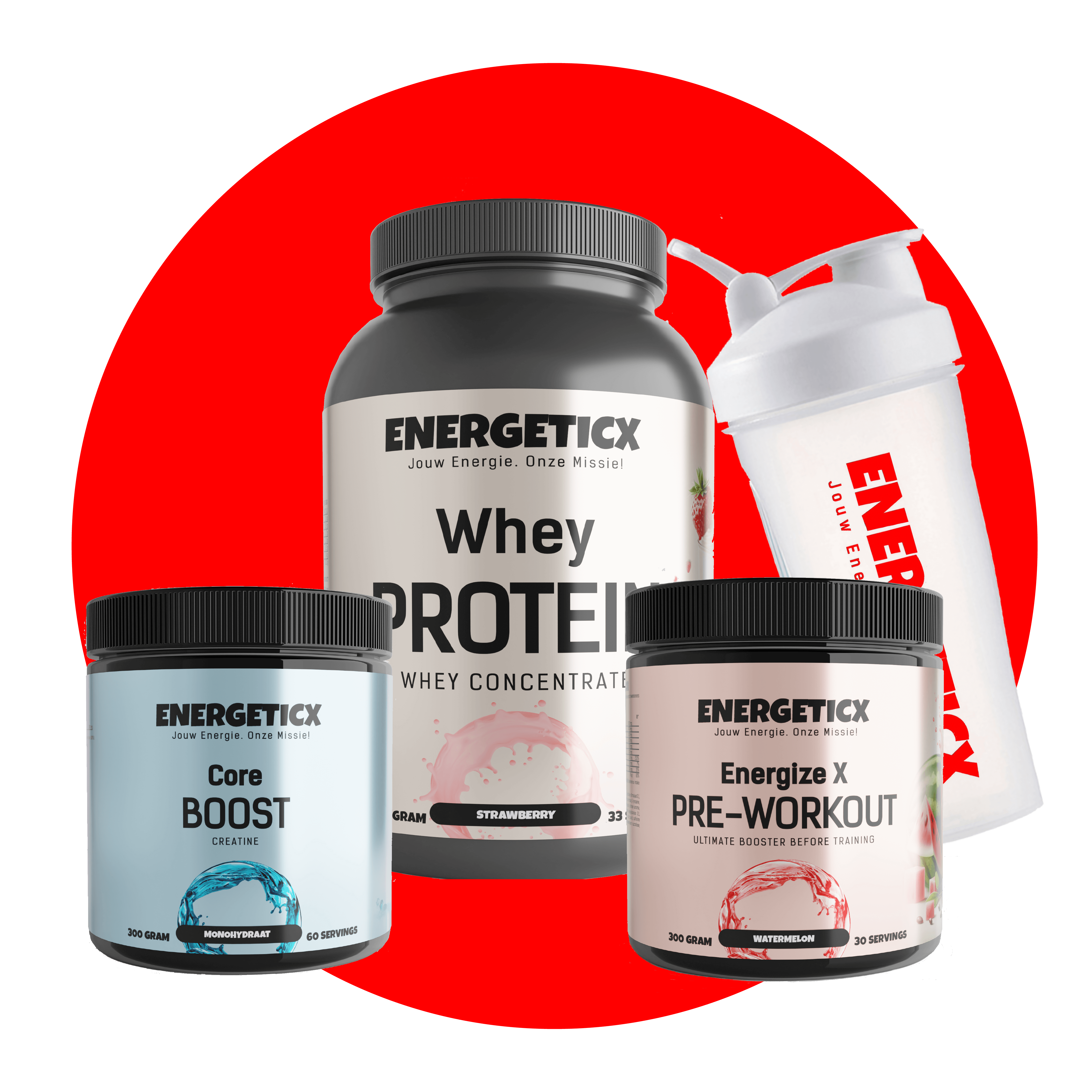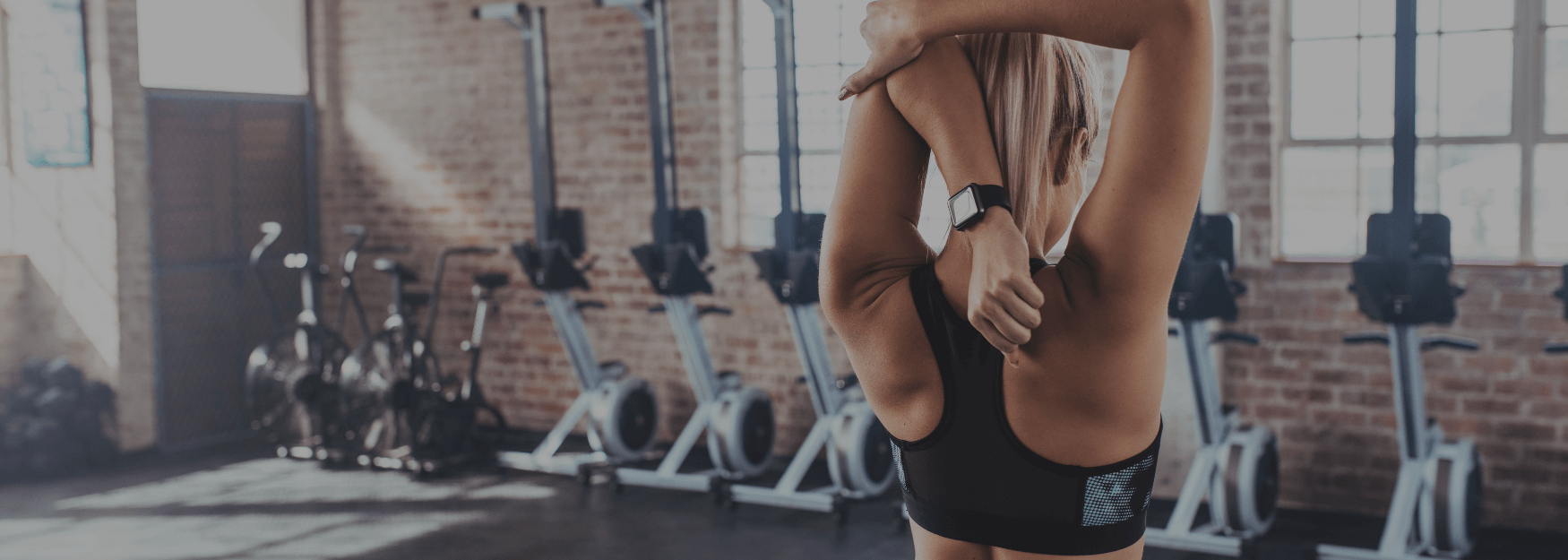Nutrition for
Cyclists
As a cyclist, it is important to plan your energy intake carefully. Start by estimating the duration of your ride. Adjust your diet accordingly and never ride without any nutrition, regardless of the length of your session. Even if you want to lose weight, without the right nutrients, you increase your risk of injury. Otherwise, your body may break down muscle to obtain carbohydrates for energy.
Prevent a Hunger Panic
A common problem in cycling is the “hunger knock”. This phenomenon occurs when you feel hungry while cycling, which can lead to shaking, fatigue and a reduced pace. To prevent this, it is advisable to consume a small amount of carbohydrate-rich food every hour. Think of energy bars or gels that provide quick energy without burdening your stomach.
Nutrition after cycling
Recovery after a ride is important. Make sure you get enough protein to support muscle recovery. A recovery drink immediately after riding can help with this. The sooner you take your recovery drink, the more effective the recovery process can be. Sports drinks also help to replenish your carbohydrate stores, which is essential for muscle recovery after prolonged exercise.
What Do Professional Cyclists Eat During a Race?
Professional cyclists often use gel food because of its fast absorption and easy digestibility. Solid food such as bars can be heavier during long rides, while gels provide energy quickly without burdening the stomach. In addition, it is important to consume sufficient fluids, with the aim of 1 to 2 bottles of water per hour, to replace fluid loss and support performance.
Nutrition for
Runners
Setting goals can be a motivating factor for runners. Whether you’re aiming for faster times, longer distances, or weight loss, the right nutrition plays a role. A balanced diet supports your training efforts and helps you get the most out of yourself.
Start Eating Well Before Your Run
For running it is important to consume slow carbohydrates, which release energy gradually. This ensures a stable energy supply during your training. Avoid fast carbohydrates that only give a short energy peak followed by a rapid decline.
Don't forget to drink
Hydration is important when running. Make sure you have your fluid levels up well before your run by drinking about half an hour beforehand, without taking more than 500 ml to avoid an uncomfortably full feeling. For runs longer than an hour it is important to replenish your fluids during the run with, for example, electrolytes.
It's Different at a Marathon
A marathon requires a different nutritional strategy than a short running training. During a long race it is important to continuously replenish your energy supply with carbohydrates. Energy gels are suitable for this because of their portability and fast digestibility. Set a food and drink rhythm in advance and stick to it during the run to support consistent performance.
Experiment During Your Workouts
Learn how your body reacts to different foods and drinks during exercise. Try energy gels and find out which products work best for you. This can help you avoid nutrition issues during a marathon and ensure you are well prepared.
Losing Weight with Running
Running can help you lose weight by combining cardiovascular activity and calorie burning. A consistent running routine, combined with a balanced diet, can help you lose fat and improve your fitness. Build up your workout intensity gradually to avoid injury and pay attention to your body’s signals. With regularity and the right nutrition, you can achieve your weight loss goals.














